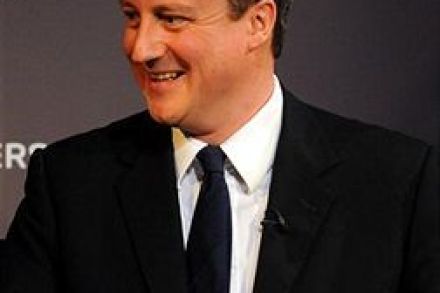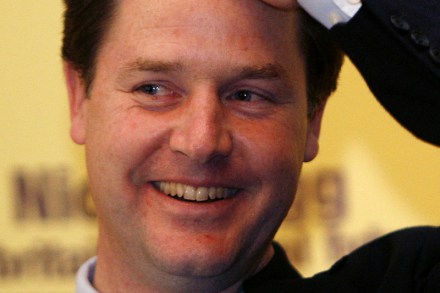Nick Clegg pulls those fences down
Continuing the current vogue for sensible economic debate, here’s what Nick Clegg said on Radio 4 just now: ‘We’re not entering into this dutch auction about ringfencing. Good outcomes aren’t determined by drawing a redline around government departmental budgets.’ Given the current speculation about a hung parliament, you’ve got to wonder what this might mean for any potential Lib-Con partnership. The common wisdom, almost certainly correct, is that the resulting political paralysis would sink the public finances. But it would be intrigiuing to see if Clegg could get the Tories to tighten their fiscal plans, and perhaps even smash a few of their ringfences.
















